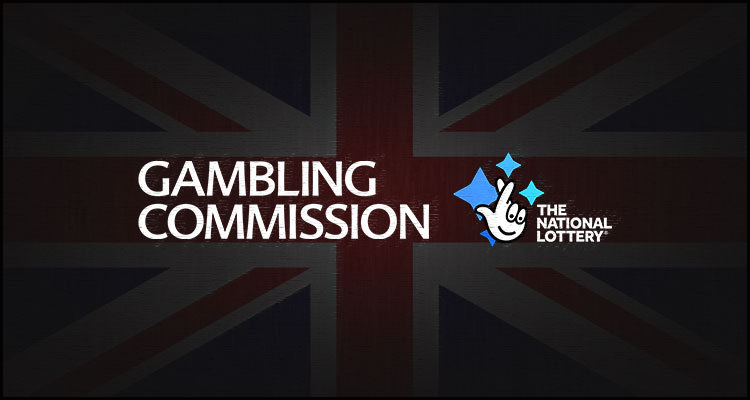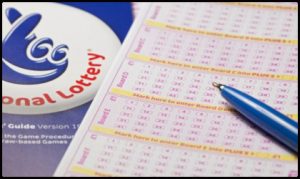
In the United Kingdom and the Gambling Commission regulator is reportedly set to ask a High Court judge to enforce its recent award of the next ten-year National Lottery operating license to the Allwyn UK subordinate of European lotteries giant Sazka Group.
According to a Tuesday report from The Guardian newspaper, Camelot Group lost out on the right to carry on running the world’s fifth largest lottery in March after 28 years in which it had steered the service into raising well over £43 billion ($59.2 billion) for in excess of 560,000 good causes. The new operator’s remit is now due to start from February of 2024 while the losing bidder purportedly reacted by detailing that it would be taking the contentious decision to court.
Autumnal aggravation:
The newspaper reported that this legal process is due to begin from October meaning that the Gambling Commission is now officially barred from moving forward with any preparations to hand over control of the National Lottery to Allwyn UK. This state of affairs has purportedly irked the regulator as it wants to get these complicated arrangements completed as soon as possible so as to ensure a smooth and painless transition.
Contemplated consent:
As such and The Guardian reported that lawyers for the Gambling Commission are now set to ask a High Court judge to remove the temporary block that is currently preventing the regulator from inking an obligatory ‘enabling agreement’ with Allwyn UK. This move could purportedly be further complicated should local publishing behemoth Northern and Shell, which similarly lost out on the National Lottery contract, decide to join the autumn legal action.
Significant stakes:
However, the newspaper cited an unnamed source familiar with the matter in explaining that it was the Gambling Commission’s initial haste to push through its lottery licensing decision that is putting the transition and the associated millions of dollars in benefits at risk. This anonymous authority purportedly disclosed that any lifting of the current block would moreover make it almost impossible for Camelot Group or any other plaintiff to reverse the award to Allwyn UK.
Pricey play:
Should the High Court judge decide to lift the current restriction and The Guardian reported that Camelot Group and its technology supplier International Game Technology (IGT) could end up being forced to sue only for damages rather than for the actual National Lottery license. The newspaper reported that the pair could then be in line for compensation of up to £800 million ($982 million) not including loss of income charges.
Alternative arrangement:
This shadowy source reportedly told The Guardian that the Gambling Commission ‘is essentially gambling with money meant for good causes’ in bringing its case before the High Court. The figure purportedly went on to note that it would be more prudent for the regulator to instead extend Camelot Group’s existing license by a further six months while the trial goes ahead.
Petitioner positivity:
Nevertheless, a spokesperson for the Gambling Commission reportedly told the newspaper that the regulator had ‘run a fair and robust competition’ for the license and is now ‘confident’ this view will be echoed by the High Court. This representative purportedly furthermore asserted that any delay in beginning the transition to Allwyn UK ‘poses a significant risk’ that could ultimately result in less cash being handed out to the lottery’s charitable partners.
Gambling online in India refers to participating in online betting and casino games via websites or apps. The legal status of online gambling in India is somewhat complex and varies depending on the nature of the gambling and the specific state laws.
Many Indian players choose to use international online casinos and sportsbooks that operate legally in their home jurisdictions but may not be regulated under Indian law. These platforms are usually licensed by respected authorities.
Online gambling in India is not explicitly illegal, but its legality depends on state laws and the type of gambling activity. While international online casinos and sportsbooks cater to Indian players, the regulatory framework remains unclear, and players should exercise caution. It is always advisable to use licensed and reputable platforms to ensure a safe gambling experience.





